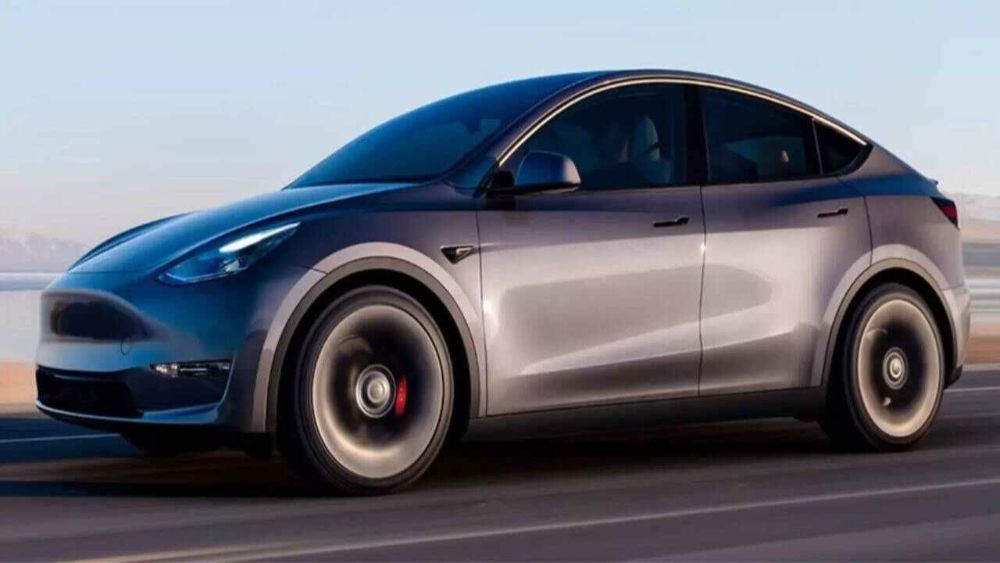Amid growing apprehensions surrounding climate change, there’s a surge in demand for sustainable transportation options. Electric vehicles (EVs) have emerged as a promising solution, touted for their lower greenhouse gas emissions compared to traditional petrol and diesel cars. However, a recent study casts doubt on this narrative.

Emissions Beyond the Tailpipe
Conducted by Emission Analytics, a leading firm specialising in emissions data analysis, the study challenges the prevailing belief regarding the environmental superiority of EVs. Featured in a Wall Street Journal op-ed, the study uncovers a concerning issue related to particle pollution originating from brakes and tires, impacting both electric and fossil fuel-powered vehicles.
Redefining Environmental Impact
The study’s significant revelation is the potential for EVs to emit substantially higher levels of particulate matter from brakes and tires compared to modern gas-powered vehicles equipped with efficient exhaust filters. This disparity, highlighted in the report, could be as staggering as 1,850 times greater.

The Role of Battery Weight
Emission Analytics underscores the concern over tyre wear, attributing it to the heavier weight of EVs, accelerating tyre deterioration and releasing harmful chemicals into the atmosphere. The study emphasises the impact of battery weight, as EVs typically feature heavier batteries compared to traditional petrol engines, exerting greater strain on brakes and tyres.

Real-world Examples
The study provides tangible examples, such as the Tesla Model Y and Ford F-150 Lightning, both equipped with batteries weighing approximately 1,800 pounds. Emission Analytics contends that tyre wear emissions from an EV with such a substantial battery weight could surpass exhaust emissions from a modern petrol car by over 400 times.
While conventional evaluations have predominantly focused on tailpipe emissions, this study underscores the significance of considering particle pollution from brakes and tyres in assessing the overall environmental impact of EVs. It prompts a critical reevaluation of eco-friendly transportation alternatives in the face of evolving scientific insights.
